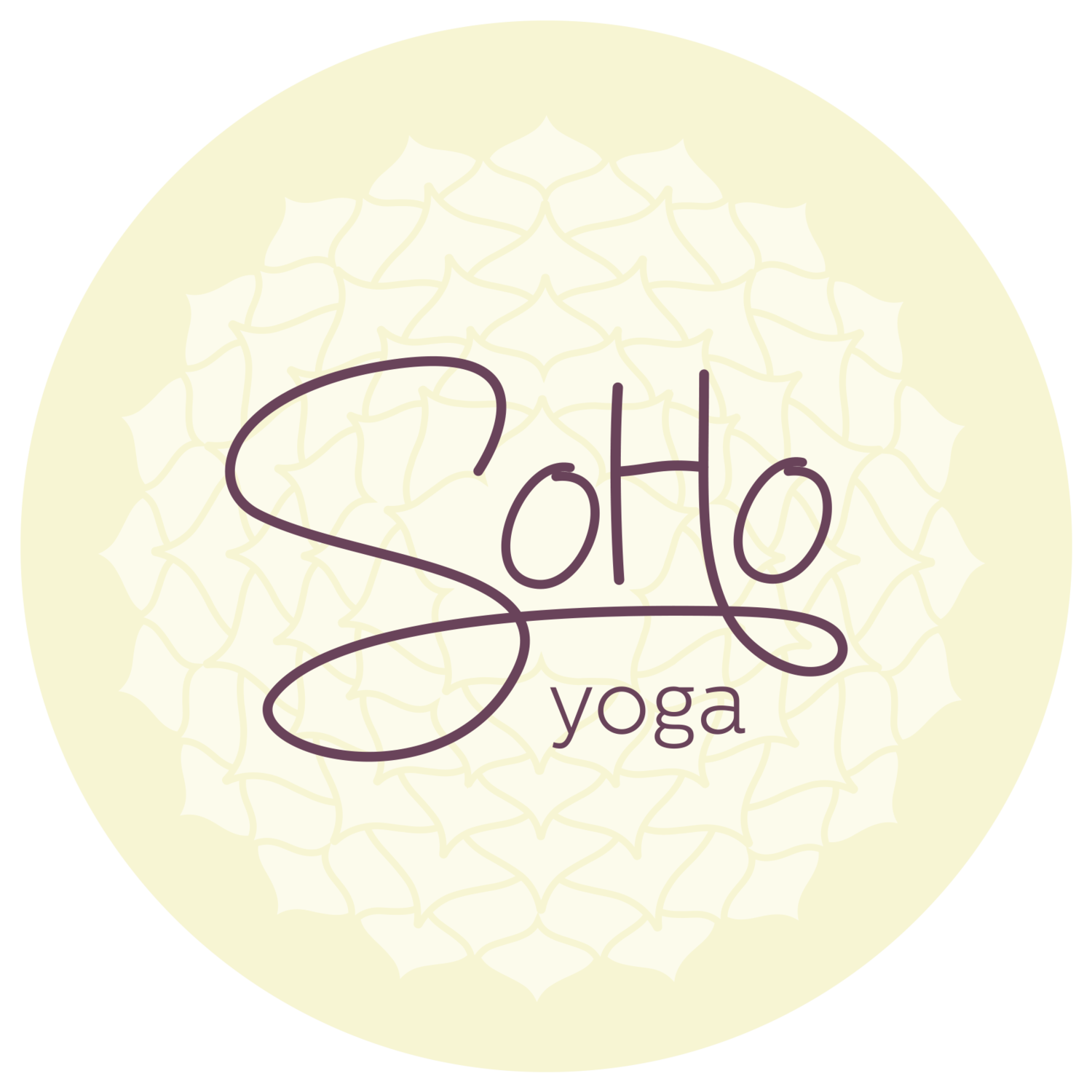Yoga Instructor vs. Yoga Teacher: Understanding the Distinction
So, you're thinking about diving into the world of yoga teacher training? That's fantastic! It's a journey of self-discovery and a chance to share the incredible benefits of yoga with others. As you explore your options, you'll probably notice that you rarely encounter the term yoga ‘instructor’ course, for good reason. Understanding the subtle yet significant differences between the role of a “teacher” and an “instructor” is an important distinction, especially when deciding to embark on a career as a yoga teacher.
The Scope of Practice: Instructor vs. Teacher
While both “instructors” and “teachers” guide participants in their respective disciplines, the depth of their knowledge, their approach to teaching, and the overall impact they aim to create can vary considerably. Think of it this way: an instructor is akin to a skilled guide through the physical landscape of exercise. Their training equips them with the expertise to lead safe and effective exercise classes, focusing on proper alignment, modifications, and functional movement. They excel at offering clear verbal cues, and ensuring students are physically positioned correctly to maximize benefits and minimize risks. The emphasis in their education often lies in human anatomy, the practical application of physical movement and the art of structuring a well-rounded exercise class.
A skilled and experienced yoga teacher, however, ventures beyond the purely physical. While a yoga teacher is undoubtedly proficient in the physical postures and capable of instructing effectively, their understanding extends into the rich tapestry of yoga philosophy, its historical roots, and the subtle energetic body. Their guidance often weaves in elements of pranayama (breathwork), meditation or mindfulness practices, and the ethical principles that underpin yoga (the Yamas and Niyamas). The intention of a yoga teacher is often to inspire a deeper connection within their students – to the self, to their breath, and to the broader spiritual dimensions of yoga.
Beyond Physicality: The Holistic Approach of a Yoga Teacher
Consider the analogy of a personal trainer versus a wellness coach. A personal trainer can expertly guide you through exercises to achieve fitness goals. A wellness coach, however, takes a broader view, considering your lifestyle, mindset, and overall well-being to create a more comprehensive and sustainable path to health. Similarly, a yoga teacher brings wisdom and experience and acts as a facilitator for self-discovery and personal growth through the multifaceted practice of yoga.
Ultimately yoga is a philosophy, a practice and a way of life that has made its way from India to the West over many thousands of years. Its wisdom, gleaned from ancient scriptures and lived experience of profound spiritual awakening, has been traditionally disseminated by gurus and teachers to generations of students over many years of study and practice. Only in recent decades has the concept of yoga teacher training been condensed into a relatively short course.
Choosing Your Path: Instructor or Teacher Aspirations
Modern yoga teacher training therefore involves a broad and holistic curriculum that delves into the more profound aspects of yoga, going way beyond the foundational asana knowledge, functional training and physical education typically covered in a basic exercise instructor course. A minimum 200 hours of study is required to become a certified yoga teacher, and many yoga teacher training courses require several years’ yoga experience as a pre-requisite.
When you're seeking a 'yoga instructor course,' consider the weight of responsibility that comes with assuming the seat of a teacher. A yoga teacher must become proficient in many areas beyond asana techniques and anatomical understanding. Are you prepared to also dedicate significant time to exploring yoga philosophy, various meditation techniques, the subtle body (chakras, nadis), and the skills required to hold a safe and supportive space for students' emotional and spiritual journeys?
While the focus of some yoga teacher trainings may be more heavily weighted towards developing the practical skills of teaching asana, such as effective sequencing, precise cueing, and safe physical adjustments, many will delve deeper into the qualities that make a truly impactful teacher: empathy, intuition, the ability to adapt to diverse student needs, and the importance of ongoing self-reflection and a consistent personal practice that informs their teaching.
Ultimately, your personal goals for your teaching journey should be the compass guiding your choice of training. Consider whether your primary passion lies in sharing the physical practice and leading dynamic, alignment-focused classes, or whether your vision extends to guiding students towards a more profound and transformative experience that encompasses the philosophical and spiritual heart of yoga. Look beyond the surface of any 200 Hour Yoga Teacher Training and carefully examine the curriculum and the experience of the lead trainers to ensure your chosen training resonates with your aspirations of becoming either a confident yoga “instructor” or a truly inspiring teacher.



